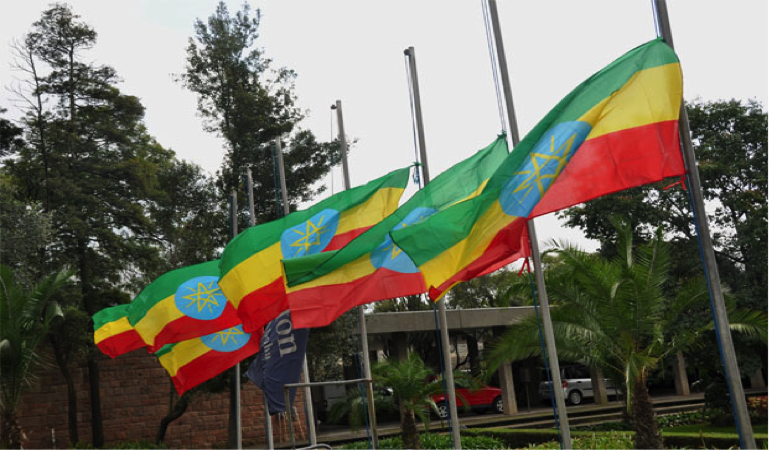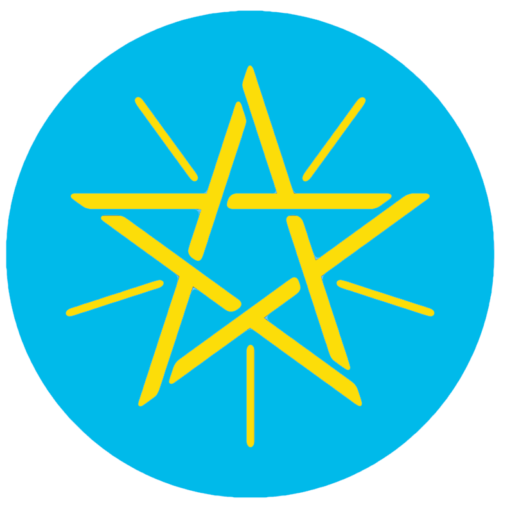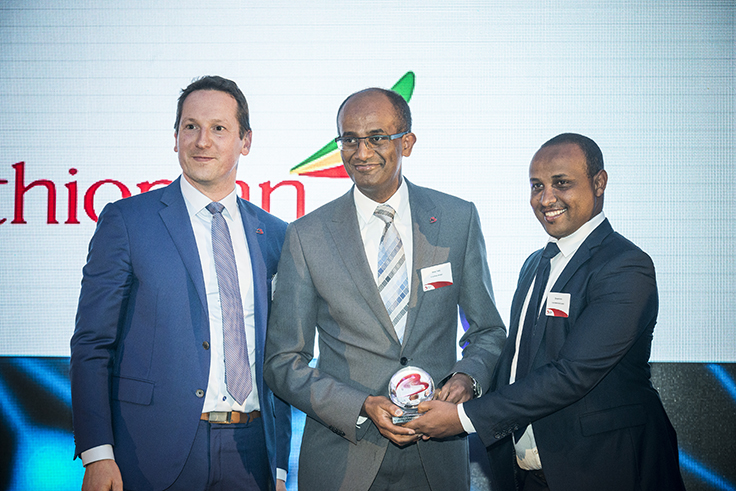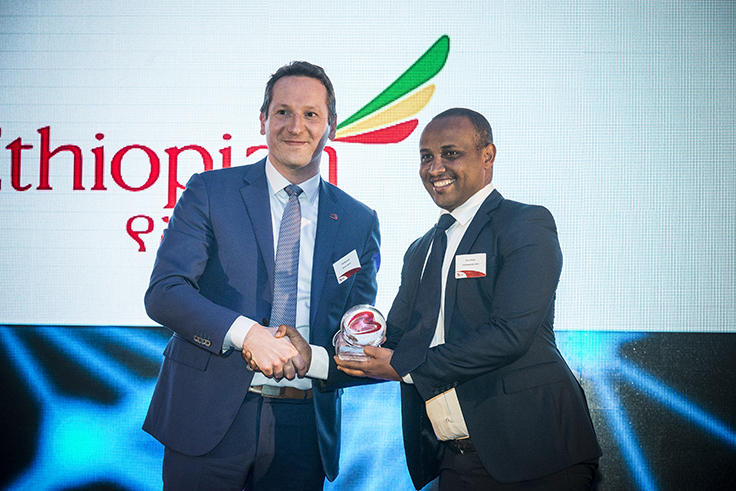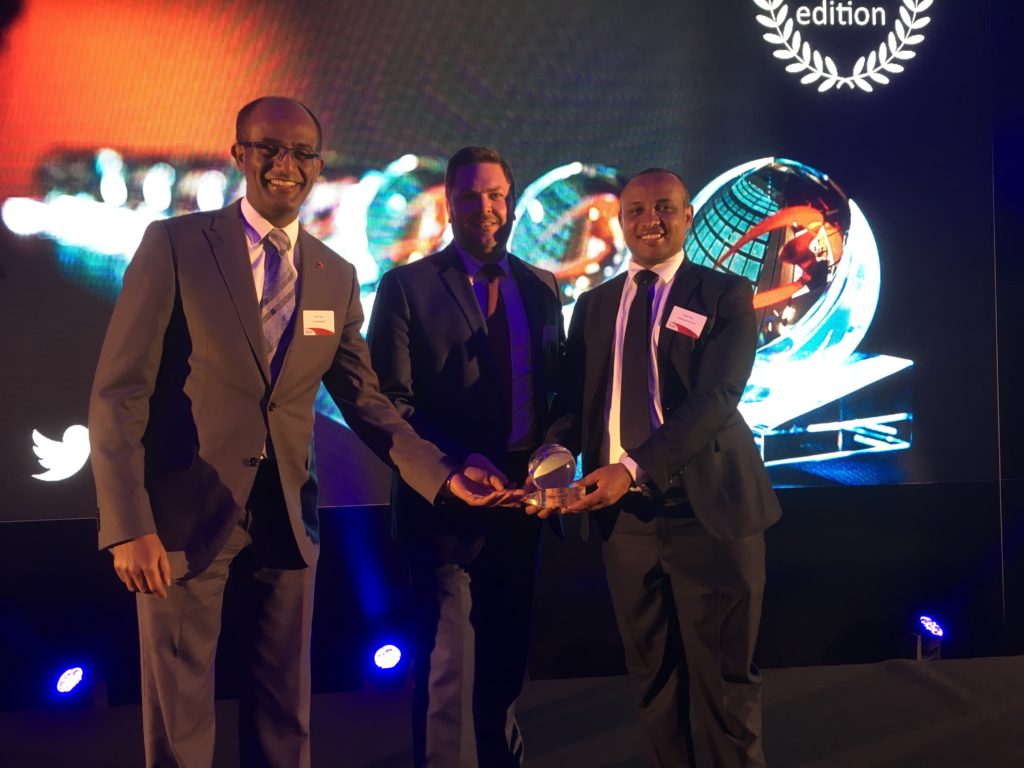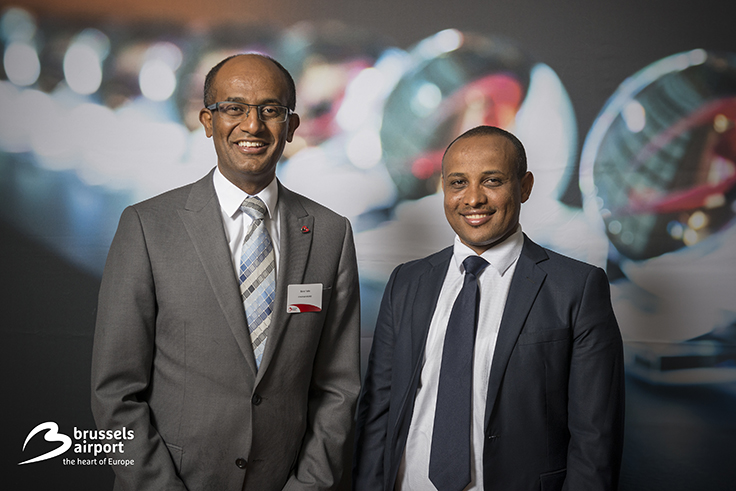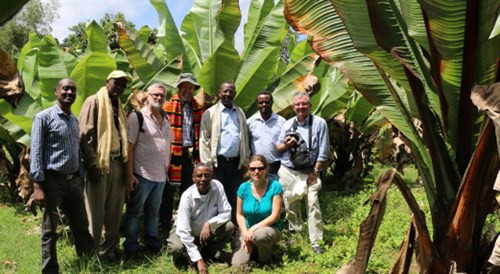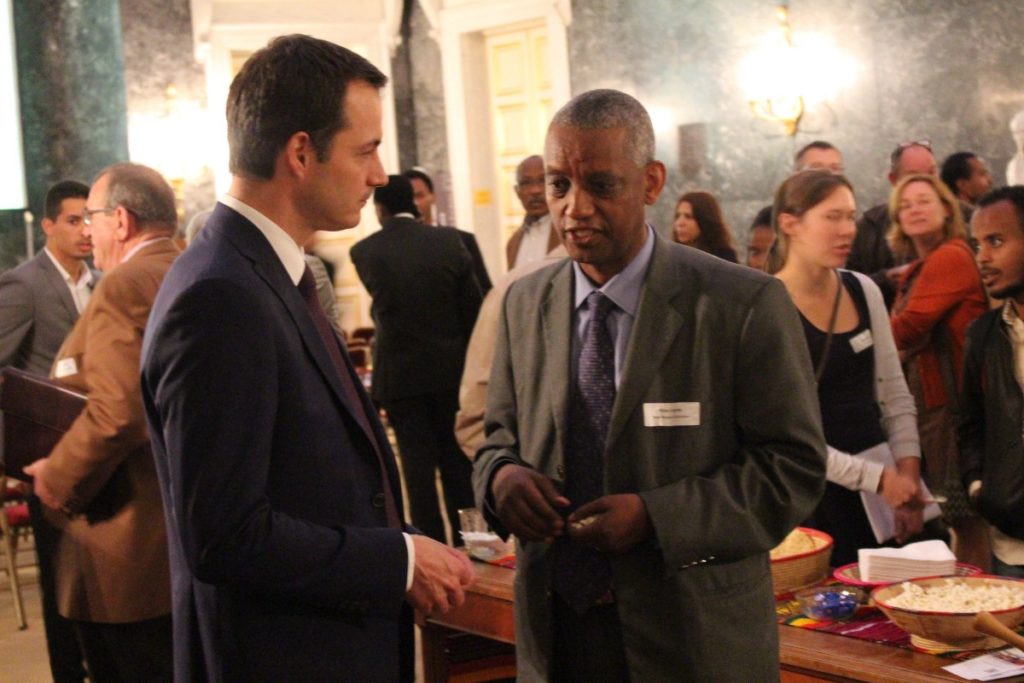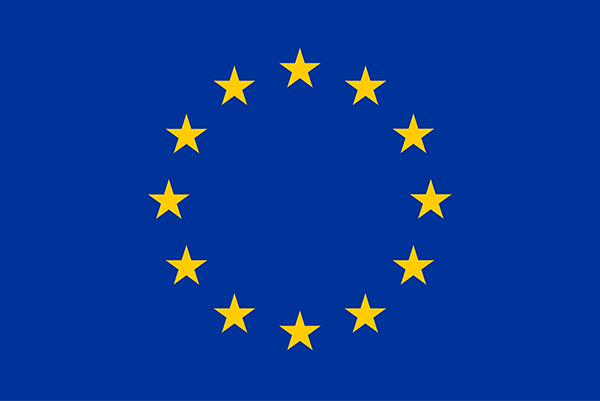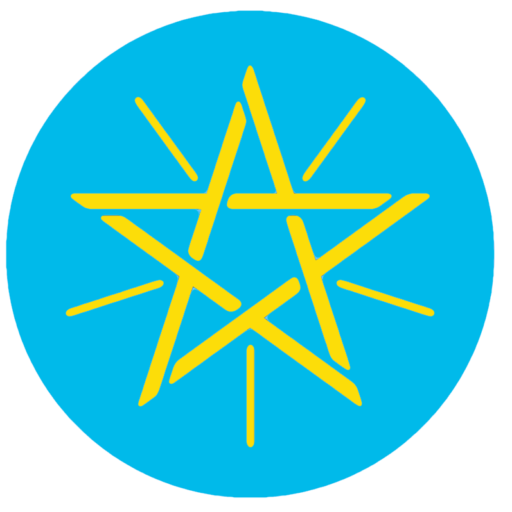Byiers, B. 2017. Is the Nile Basin Initiative a ‘regional sailboat’ in choppy geopolitical waters? ECDPM Talking Points blog, 3 March 2017.
With development practitioners increasingly invoking the importance of “Thinking and Working Politically” in development processes, Rachel Klein has a very appropriate line: “Plan for sailboats, not trains”. In other words: forget linear thinking when trying to approach development issues. Adaptability, flexibility and iterative approaches are the watchwords.
Applying this at a regional level implies an even trickier form of sailing: how do you promote a “sailboat” approach among multiple countries on cross-cutting agendas, given that much of what ultimately takes place depends on the political economy dynamics within countries? Regional cooperation is essentially about flotillas of sailboats of different sizes and capabilities, all subject to very localised currents and winds, where it isn’t always 100% clear that all are heading for the same destination.
While we have previously raised these same challenges around trade facilitation, our ongoing work on the Political Economy Dynamics of Regional Organisations (PEDRO) also includes river basin organisations. There may be interesting lessons for those supporting regional organisations and processes in other river basins or indeed other topics.
One example is the NBI – the Nile Basin Initiative – a ten-country organisation set up in 1999 to facilitate cooperation around Nile River Basin policies and investments. Three aspects stand out to suggest that NBI may have some ‘sailboat’ elements for improving regional cooperation.
Firstly, institutionally, NBI is not a commission – it is “in transition”, awaiting an agreement on Nile water usage – so has no legal standing beyond a headquarters agreement with Uganda, where it has its Secretariat in Entebbe. While this might be seen as a weakness, it has also forced the organisation to take a more iterative, adaptive approach to building country interest in cooperation through the initiative.
All countries fully recognised the political tensions around sharing the Nile, which is why the riparian countries negotiated the Nile Cooperative Framework Agreement – as a basis for the permanent Nile River Basin Commission. But due to differences that haven’t yet been resolved, the NBI has focused on technical, relatively apolitical projects. Training and knowledge-sharing was a way to establish formal and informal working relationships and trust between those working on water issues in riparian countries. While easy to dismiss, trust is an important aspect of regional cooperation.
Secondly, the technical capabilities of the NBI can also come to feed political discussions. By gathering and analysing technical data on water resource development plans of the riparian countries, they have been able to show, for example, that, unless the riparian countries efficiently coordinate their water use development plans, there is a risk of serious shortage of water in the Basin.
Being technically strong has helped build political relevance, now culminating in a Collaborative Water Assessment Process which helps to model different scenarios of the water resource levels and impacts of investments. NBI’s plan is to generate technically informed options for addressing the growing water demand in the Nile Basin more sustainably than would be possible through purely unilateral development by individual riparian countries.
Thirdly, sub-regional approaches and subsidiarity appear to both allow champions and sub-regional alignment around narrowed common interests. This is partly defined by the nature of the Nile Basin, with the Eastern Nile tributaries (Ethiopia, Sudan and Egypt) physically distinct from the Equatorial Lakes tributaries. This is recognised in two Subsidiary Action Programmes: the first one organised around the Eastern Nile Technical Regional Office (ENTRO) for the Eastern Nile, that is somewhat autonomous from the NBI Secretariat; and the second, Nile Equatorial Lakes Subsidiary Action Program NELSAP.
This allows some specialisation – for example, NELSAP is increasingly engaged on issues of hydropower and connectivity, working by the logic that the willingness of a country to accept a dam upstream is affected by access to the energy created. There is no need for issues affecting only ENTRO countries to be dealt with at a wider NBI platform. This may be how the NBI manages to almost entirely finance its operational costs through membership contributions, even with some states such as Egypt, DRC and Burundi in arrears.
This is not to disregard the challenges of setting sail in these waters – the Nile also has some waterfalls.
One challenge is the common story of overlapping memberships – not only does NBI cut across several Regional Economic Communities, but also regional structures like the East Africa Power Pool (EAPP) and the Lake Victoria Basin Commission (LVBC). This need not be a problem if organisations can agree on a division of labour.
However, the continental architecture, and push for RECs to have a water department and water policy also risks confusing rather than helping matters, while countries take different negotiation positions on different issues at different fora. Uganda for example is downstream of Lake Victoria but mid-stream with respect to the Nile, so the political calculations alter. As well as Nile countries, Ethiopia is upstream of Djibouti, Somalia and others through other rivers – should all its water use be governed by one body?
Yet the fundamental challenge for NBI is that while they have tried to keep the technical and political tracks separate, both are seen as inseparable for Egypt, to whom the colonial-era agreements provide most rights to water use. As a result, Egypt suspended its participation in most NBI activities (Egypt participates in the annual meetings of the Nile Council of Ministers(Nile-COM), the Nile Day celebrations and the Strategic Dialogue between NBI governance and donor partners – all organised by NBI).
Though there are increased statements to the effect that Egypt is “turning towards Africa” and growing recognition that the Grand Ethiopian Renaissance Dam (GERD) is a reality, it is nonetheless seen as a potential disrupter to Nile water cooperation.
So if indeed NBI is a “strong organisation with a weak mandate”, as some have said, what can it hope to achieve?
By being adaptive and in tune to the politics, it seems that NBI may be well suited to encourage on-going diplomatic efforts. The shifting interests created by the GERD construction – energy generation for Ethiopia can also be sold to Sudan, while storing water upstream is also good for Sudan’s agricultural irrigation and may supplement available water storage in the High Aswan Dam in Egypt – increasing the buffering capacity of the Eastern Nile system.
Depending on how that is managed, the lower evaporation loss from storing water in Ethiopia due to its high altitude with cooler climate and efficient irrigation in Sudan might yet ensure Egypt maintains sufficient water-flow. Egyptian investors might even be willing to invest in Sudanese agriculture – thus importing water through food trade.
Should NBI therefore branch out into regional agricultural trade? One of the challenges of many regional organisations has precisely been ‘agenda inflation’ and on paper COMESA has the mandate – both on agriculture through CAADP, and on trade. While COMESA may be too large to focus on specifics, the best impact may come from NBI engaging with COMESA to ensure that concerns about water use, and energy production can be made part of a wider grand-bargain – think the European Coal and Steel Community.
While there is a tendency to think that overlapping memberships is a constraint to effectiveness, de Waal and Ibreck (2016) recently cited the need in the Horn of Africa for “not only a multilateral approach, but also an approach of multiple and overlapping multilateralisms.”
Multiple flotillas of sailboats may sound messy but perhaps that is the way to ensure that at least some can set sail while others founder or sink.
http://ecdpm.org/talking-points/nile-basin-initiative-regional-sailboat-choppy-geopolitical-waters/
